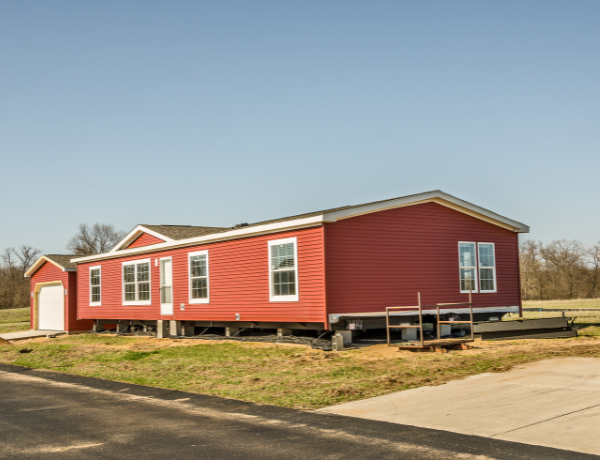Dealing With Mobile Homes, Manufactured Homes, RVS And Trailers In Commercial Real Estate Transactions

Unlike a typical single-family residence or house, which is always treated and conveyed as real property, Florida law generally classifies mobile homes as personal property unless certain conditions have been met. As a result, the proper transfer and/or removal of a mobile home often depends on the classification of the mobile home, and understanding the differences between these classifications can help Florida land developers and homebuilders navigate transactions involving mobile homes more effectively.
Determining how to best approach transactions involving mobile homes often depends on the classification of the mobile home. Mobile homes can be classified as either:
Personal Property;
Real Property; or
Retired Title.
Transactions involving mobile homes with a “Retired Title” are the most comparable to an acquisition of improved real property, as the ownership of the mobile home is conveyed by deed or real estate contract with the transfer of the underlying land. Owners meeting the requirements of having their mobile home permanently affixed to the property upon which it is situated may permanently retire title to the mobile home by recording certain information in the public records and filing an application for retirement of a mobile home certificate of title with the Department of Highway Safety and Motor Vehicles. Once retired, all future transfers of the mobile home (and the land it is situated on) would be by deed.
If the mobile home is titled as “Personal Property” (Florida’s default classification), it is subject to a license tax and the deed to the land it is situated on will not automatically transfer title to the mobile home. As a result, the cooperation of the parties to complete additional steps – such as a post-closing trip to the DMV – may be required depending on how the deal is structured. If the mobile home is in good condition, a developer/homebuilder may seek to repurpose the mobile home as a construction trailer, and a Personal Property classification may be better suited for this option. Alternatively, when there is no intention of repurposing the mobile home, Seller’s removal of the mobile home prior to closing can be beneficial to both sides and remains a viable option if titled as Personal Property.
The “Real Property” classification can be misleading, as although the mobile home is taxed as real property and the property appraiser must provide the owner with a certificate stating the mobile home has been appraised as being real property, mobile homes bearing this type of registration do not convey by deed with the underlying land. Even if the vehicle identification number of the mobile home is included with the legal description for the land in the deed, the conveyance of a mobile home in this manner would not be legally recognized unless title to the mobile home is retired. Instead, the seller would need to deliver a properly endorsed certificate of title and the land developer/homebuilder would need to apply for a new certificate through the Department of Highway Safety and Motor Vehicles.
While the seller should be able to advise as to the mobile home’s classification, there are
a few ways that developers/homebuilders can obtain further information regarding the registration
status of a mobile home located upon a target property independently while on site:
A recreational vehicle-type mobile home that is not taxed as real property is required
to have a current license plate properly affixed to the unit and a mobile home that is
not assessed as real property would be issued a regular mobile home sticker.A mobile home permanently affixed to the land and assessed as real property is
required to have an “RP” sticker permanently affixed to the unit, which would indicate
that the unit is either registered as Real Property or has a Retired Title. However, if
the mobile home is destroyed or replaced the RP sticker must be removed and
returned to the county license plate agency for cancellation.If there is more than one section, each section must be titled as a separate unit and
would be assigned separate serial numbers by the manufacturer. As such, multiple
section mobile homes would be assigned a separate certificate of title and mobile
home sticker for each unit.
The vehicle identification number or title number can be also used to look up the status of
title and determine whether there are any lien holders through the Florida Highway Safety and
Motor Vehicles website. Once again, the seller should know or be able to obtain the vehicle
identification number with ease, but a mobile home will often have a data plate containing this
information which is located either inside the unit or stamped on the frame.
In summary, when dealing with purchase and sale transactions involving mobile homes,
Florida developers and homebuilders should seek to obtain additional information regarding the
mobile home’s registration and title to determine the best course of action for their intended use
and outline the responsibilities of the parties concerning the transfer or removal of any existing
mobile homes. If the mobile home will remain on the property after closing, it is especially
important to understand the differences between the various classifications to minimize or avoid
post-closing delays and ensure that the appropriate documents are provided by the seller at
closing to properly effectuate the transfer. Finally, if a developer/homebuilder intends to demolish
the manufactured home after closing, the RP sticker should be retained and surrendered to the
county for cancellation.